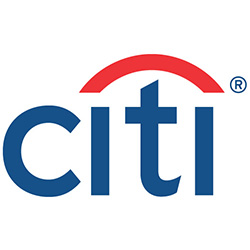
The team will build on recent client work with a pipeline of over 30 transactions across South and Southeast Asia.
Bankers from Citigroup teams across
Asia will support its social finance efforts in the region, which
has included financing a partnership to mobilise affordable
housing loans for low- and middle-income populations in
Indonesia, the US bank said this week.
The Citi Social Finance team is an industry specialist group that
provides expertise and supports clients’ efforts to expand access
to basic services for underserved populations. The Asia-based
bankers will span country management and businesses including
corporate banking and commercial banking in Citi’s markets of
Vietnam, Singapore, Indonesia, the Philippines, Malaysia,
Thailand, India, Bangladesh and Sri Lanka, Citigroup said in
a statement yesterday.
“The team will focus on solutions that improve the livelihoods of
low-income communities. Asia is a market where we have a large
and diverse pipeline across countries and sectors, including
economic inclusion, healthcare, infrastructure, food security and
education,” Jorge Rubio Nava, global head of Social Finance
at the bank, said.
The expanded focus on Asia will support Citigroup”s
work across social finance in the region. This has included
$20 million funding to ASA Philippines to support their
microfinance growth for women entrepreneurs; enabling
digital connectivity with home credit in the Philippines and
Indonesia; and financing farmers in India through a partnership
with IndusInd, driving economic inclusion and food security. Citi
said that it has also supported a social carbon offset offtake
transaction in Vietnam, enabling low-income households to access
energy-efficient cookstoves [generally burning wood or charcoat]
and water purifiers, while providing employment opportunities for
women in rural communities.
Citigroup said these transactions will support its commitment to
finance and facilitate $1 trillion in sustainable finance by
2030. The lender said its efforts will drive economic
progress for 15 million low-income households, including 10
million women, by 2025.